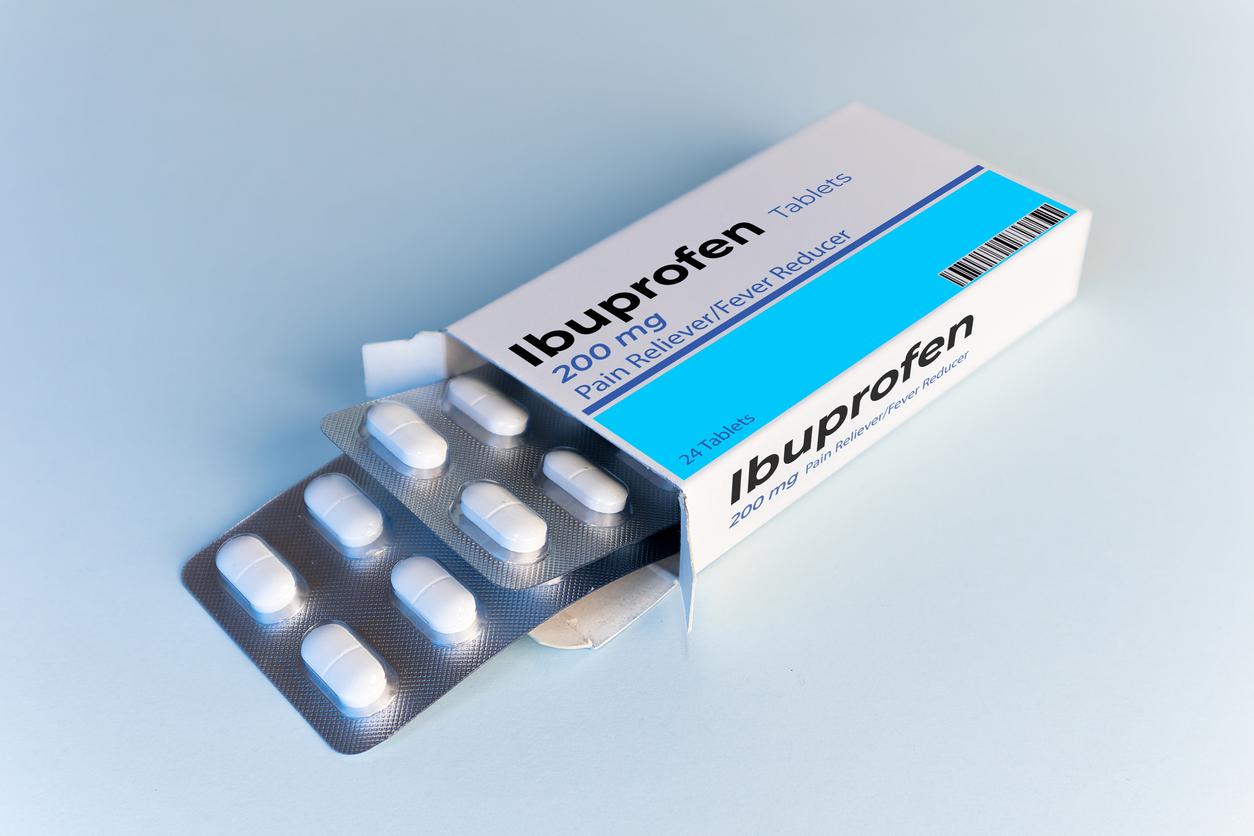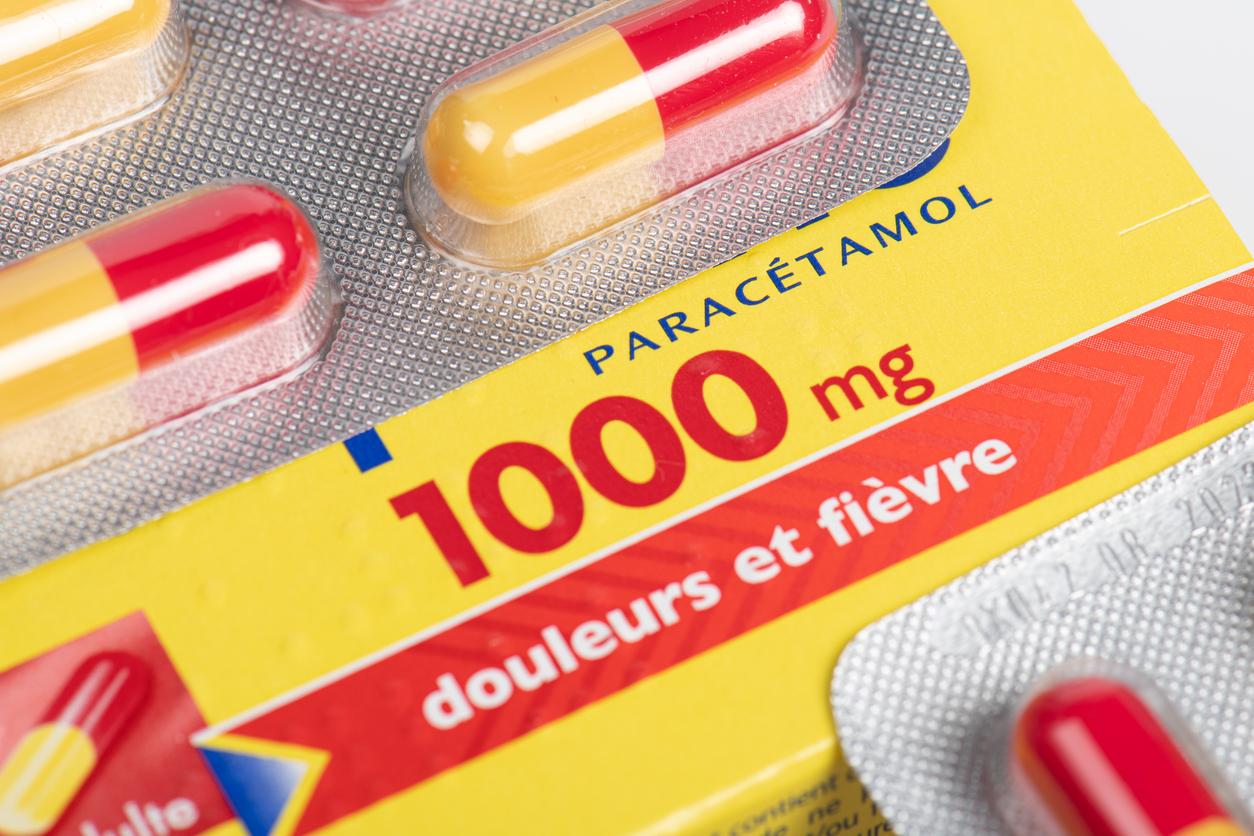Researchers reveal that medications for attention deficit hyperactivity disorder (ADHD) may cause an increased risk of cardiovascular disease.

- Children with ADHD represent 3 to 5% of the school population and are predominantly boys (2 to 3 boys for every girl).
- In France, ADHD is treated with a psychostimulant medication called methylphenidate, which calms the patient and allows them to concentrate more.
- But long-term use of this drug is associated with an increased risk of developing cardiovascular disease, according to a study.
Affecting between 3 and 5% of the school population, according to Health Insurance, attention deficit disorder with or without hyperactivity (ADHD) is characterized by the association of three symptoms: attention deficit, motor hyperactivity and impulsivity. In France, it is treated with a psychostimulant medication called methylphenidate, which calms the person with ADHD and allows them to concentrate more.
Except that, according to a new study published in the journal JAMA Psychiatrythis type of medication taken long term would not be safe for the heart.
A link between anti-ADHD drugs and heart disease?
To reach this conclusion, researchers from Karolinska Institutetin Sweden, relied on a cohort of nearly 280,000 people with ADHD aged 6 to 64, including more than 10,000 cases of cardiovascular diseases (ischemic heart disease, hypertension, heart failure, arrhythmia, etc.).
The goal, to examine the potential link between the use of ADHD medications and the onset of heart problems, while “Previous clinical trials had already associated these drugs with an increase in heart rate and blood pressure”can we read in a communicated.

ADHD medications increase cardiovascular risk by 20%
As a result, the research team observed that prolonged use of methylphenidate considerably increased the risk of cardiovascular disease: by 20% when used for three to five years, by 19% for more than five years. Same observation with other stimulant medications against ADHD, such as lisdexamfetamine (between +17% and +23%), or non-stimulant medications, such as atomoxetine (+7%).
Taking methylphenidate requires close medical supervision, the study recalls. This substance, derived from amphetamines, can in fact have various side effects: insomnia, heart palpitations, reduced appetite, headaches, diarrhea and abdominal pain, mood disorders, etc. Unsurprisingly, the prescription of methylphenidate is therefore governed by very strict conditions in France, and in particular a maximum duration of 28 days. Knowing that treatment of ADHD should always start with non-drug measures, such as psychotherapies.

















